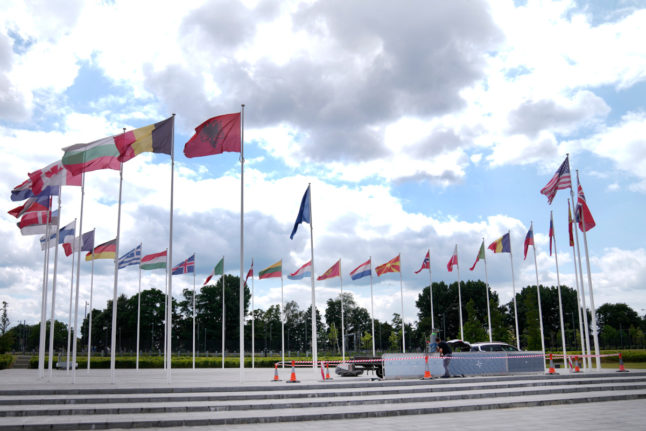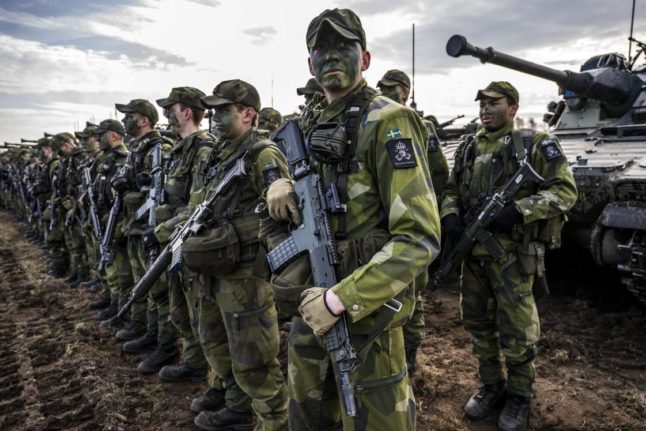Nato allies are pressuring Ankara to give way after a year of delay and let the Scandinavian nation in by the time the gathering in Lithuania starts on Tuesday.
Nato chief Jens Stoltenberg convened the last-ditch negotiations – which also include intelligence and security officials – in the hope they could pave the way for a breakthrough.
But diplomats at Nato were doubtful there will be any sign of a looming about-turn from Turkish President Recep Tayyip Erdogan.
Turkey and Sweden inked a deal last year aimed at clearing the path to accession.
Ankara demanded a Swedish crackdown on Kurdish movements, such as the the Kurdistan Workers’ Party PKK, which it says is a terrorist group.
READ ALSO:
Sweden says it has fulfilled the deal. On Thursday it jailed a Turkish citizen for “attempted terrorist financing” for the PKK under new legislation.
But Erdogan has continued to criticise Stockholm, and a protest last week that saw pages of the Koran burnt further stoked his ire.
US President Joe Biden is expected to make a strong push for Sweden in the coming days.
Biden told Sweden’s prime minister at a meeting in Washington on Wednesday that he was “anxiously looking forward” to the country joining.
Sweden and its neighbour Finland dropped decades of military non-alignment and applied to join Nato in the wake of Russia’s invasion of Ukraine. Finland formally joined the bloc in April.
Hungary is also still holding out on Sweden’s membership, which requires the unanimous approval of all 31 Nato members. But Budapest has indicated it will give way if Turkey agrees.



 Please whitelist us to continue reading.
Please whitelist us to continue reading.
Member comments